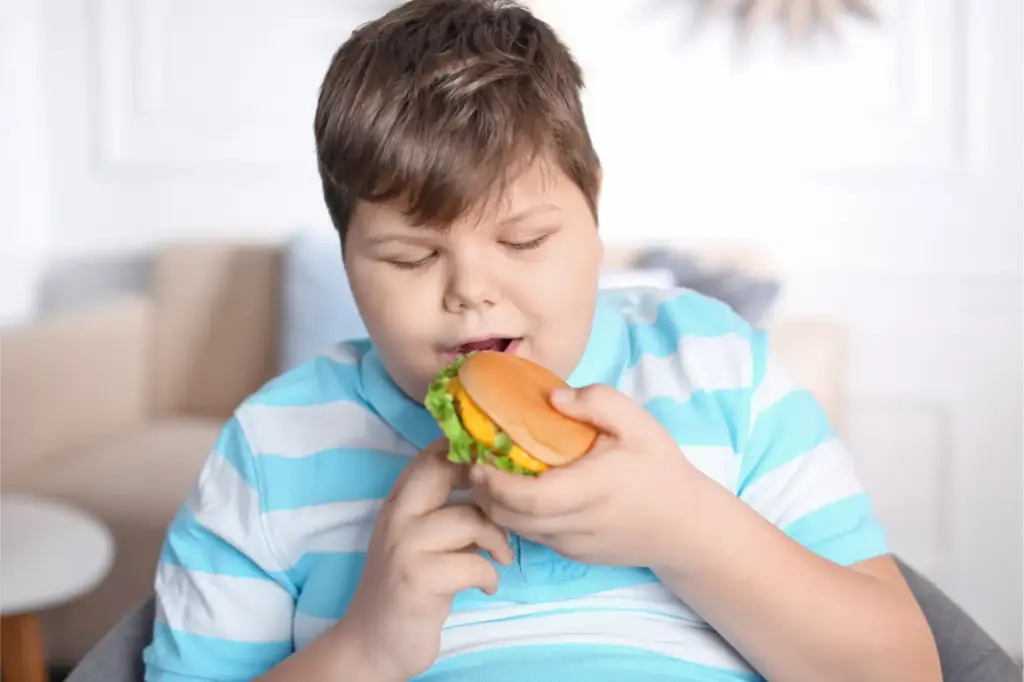
Childhood obesity: Government programmes that taught new parents about diet, activity, and screen time did not reduce children’s BMI by age two, according to a major review in The Lancet.
Pooling 17 trials and more than 9,000 toddlers across eight high-income countries (Australia, Italy, the Netherlands, New Zealand, Norway, the UK, the US, and Sweden), researchers found no meaningful difference between families who received education and those who did not.
Also Read | Childhood obesity now tops underweight as junk food floods diets: UNICEF
Interventions varied, from group sessions to awareness campaigns, but outcomes converged. “Our finding that the interventions were not effective is surprising and discouraging,” the authors wrote.
Lead author Kylie Hunter (University of Sydney) said obesity is largely shaped by environmental and socio-economic factors beyond individual control: “Parents play a vital role, but they cannot be expected to reduce childhood obesity levels alone.”
The team called for coordinated policies that make healthy food more affordable, expand access to green spaces, and regulate the marketing of unhealthy products to children.
The WHO estimates more than 1 in 8 people worldwide are obese today, with projections suggesting nearly 60% of adults and one-third of children could be obese by 2050. The authors cautioned that results at age two may not capture longer-term effects and said follow-up analyses in older children are planned.








